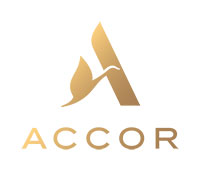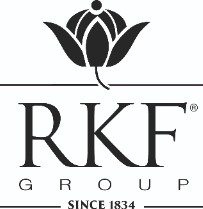Cornell Study Says a Picture is Worth A Thousand Words When It Comes to Guest Comments
|
Cornell Study Says a Picture is Worth A Thousand Words When It Comes to Guest Comments
|
Catégorie : Amérique du Nord et Antilles
Ceci est un communiqué de presse sélectionné par notre comité éditorial et mis en ligne gratuitement le 06-04-2006
Hoteliers regularly ask guests to fill out comment cards and surveys about whether they are satisfied with their hotel stay. But even when guests do fill out customer-comment cards or respond to surveys, what drives their comments is not always clear.
A technique called photo-elicitation makes it possible for guests to show hotel managers exactly what they see in the hotel—both their likes and dislikes. A new research tool issued by the Cornell University Center for Hospitality Research demonstrates how photo-elicitation operates. The Tool, “A Picture Is Worth a Thousand Words: Using Photo-Elicitation to Solicit Hotel Guest Feedback,” is available at no charge at http://www.hotelschool.cornell.edu/chr/research/tools.html.
Authors Madeleine Pullman, Ph.D. and Stephani Robson used photo-elicitation for a pilot study at the Statler Hotel, the teaching hotel operated by the School of Hotel Administration, where Pullman and Robson are both faculty members. They gave one-time-use cameras to guests who agreed to participate in the study, asking them to shoot whatever they saw that influenced their opinion of the hotel.
When the resulting photos were printed, the researchers and guests reviewed the images, which revealed many touches that guests appreciated, such as a flower arrangement in the lobby, homelike furnishings in the guest rooms, and the scenic view of the Cornell campus. The photos also revealed items in the guest room that hotel management might not have noticed, such as a tangle of electrical cords and a malfunctioning armoire door.
“We found that the 40 guests who participated in this study were enthusiastic about recording their likes and dislikes,” said Robson. “Although we used film cameras, a hotel manager could arrange for guests to use digital cameras and then compare the results via the internet.” Robson added that managers should make sure that guests know how to operate whatever camera they use, given the many blurry prints that the researchers received.
|
|





